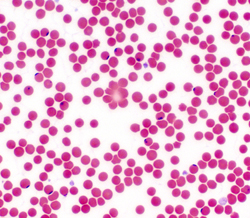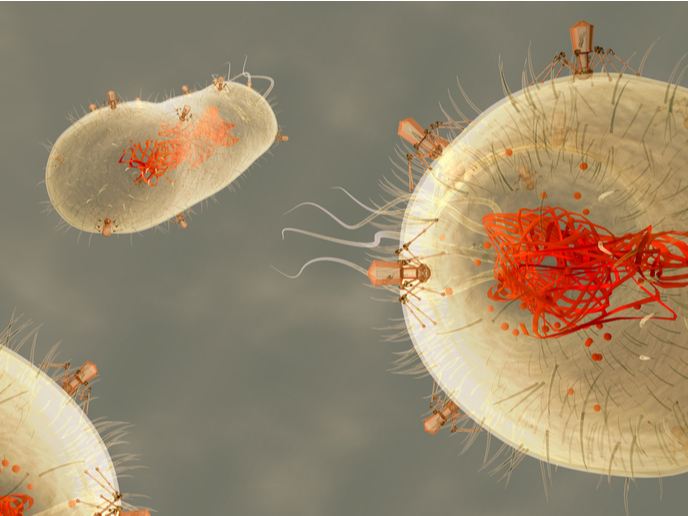Malaria parasite plays hard to get
To develop new drugs capable of fighting the P. falciparum parasite, new targets have to be identified in the parasite's metabolism. An already existing genome sequence of the parasite gives researchers the means of finding which metabolic pathways are vital for its survival — and thus what needs to be 'attacked' to kill it. Studies show that P. falciparum has a biosynthetic pathway for vitamins, which are organic substances essential for normal metabolic functioning. However, these compounds are not synthesised by humans. This presents the potential to develop drugs that will fight the metabolism of the parasite but not of its host. The 'Vitamin biosynthesis as a target for antimalarial therapy' (Vitbiomal) project's aim was to specifically assess vitamin B6 de novo biosynthesis of Plasmodium as a target for antimalarial drug development. In order to do this, researchers first had to establish the role of de novo biosynthesis in maintaining the balance of vitamin B6 in the parasites. 'From scratch' or de novo synthesis refers to the creation of complex molecules from simple molecules rather than by recycling them. Researchers examined the suitability of the vitamin B6 synthesising enzymes Pdx1 and Pdx2 as drug targets. The results of expression profiling of these two enzymes showed that parasites possess a functional vitamin B6 de novo biosynthesis. Vitbiomal project members decided to focus on this important nutrient, as it is required for a range of important functions in metabolising proteins and amino acids. However, studies using a mouse malaria model revealed that de novo biosynthesis is not critical for parasite survival. As such, it was ruled out as a suitable target for antimalarial drug development. Although the Vitbiomal project returned a negative on its expected results, it generated new knowledge on important characteristics and workings of the vitamin B6 synthesising enzyme complex.







